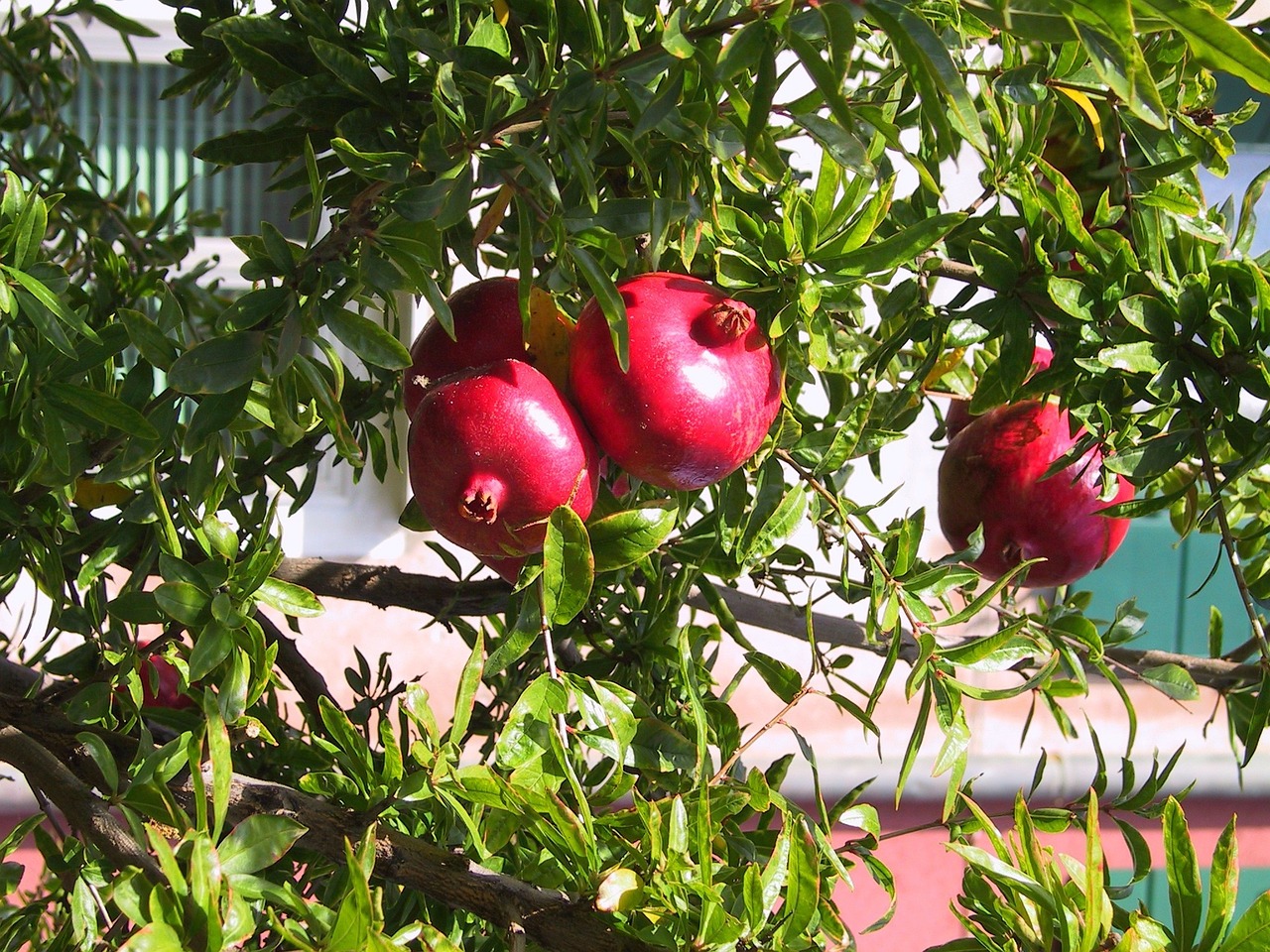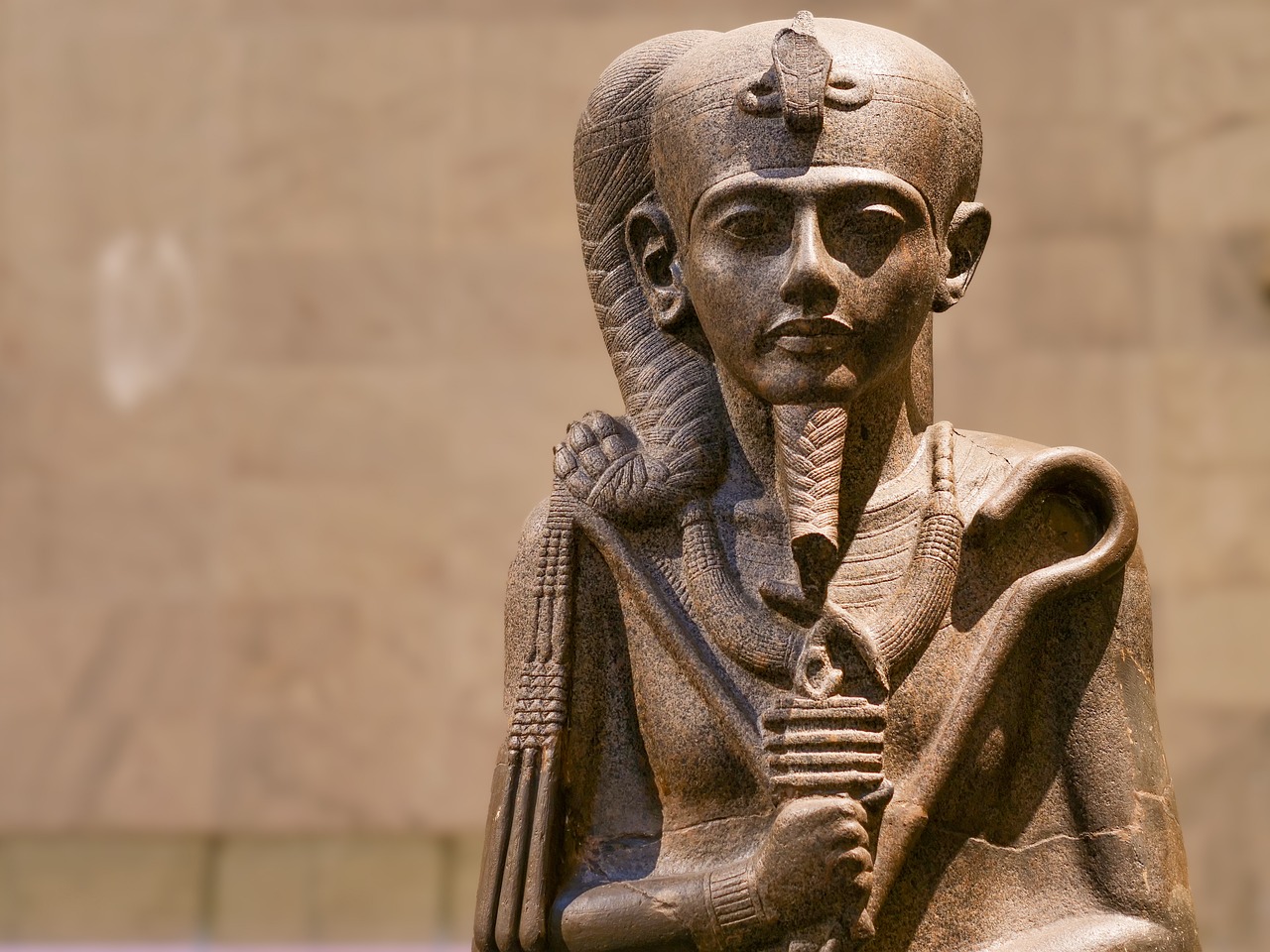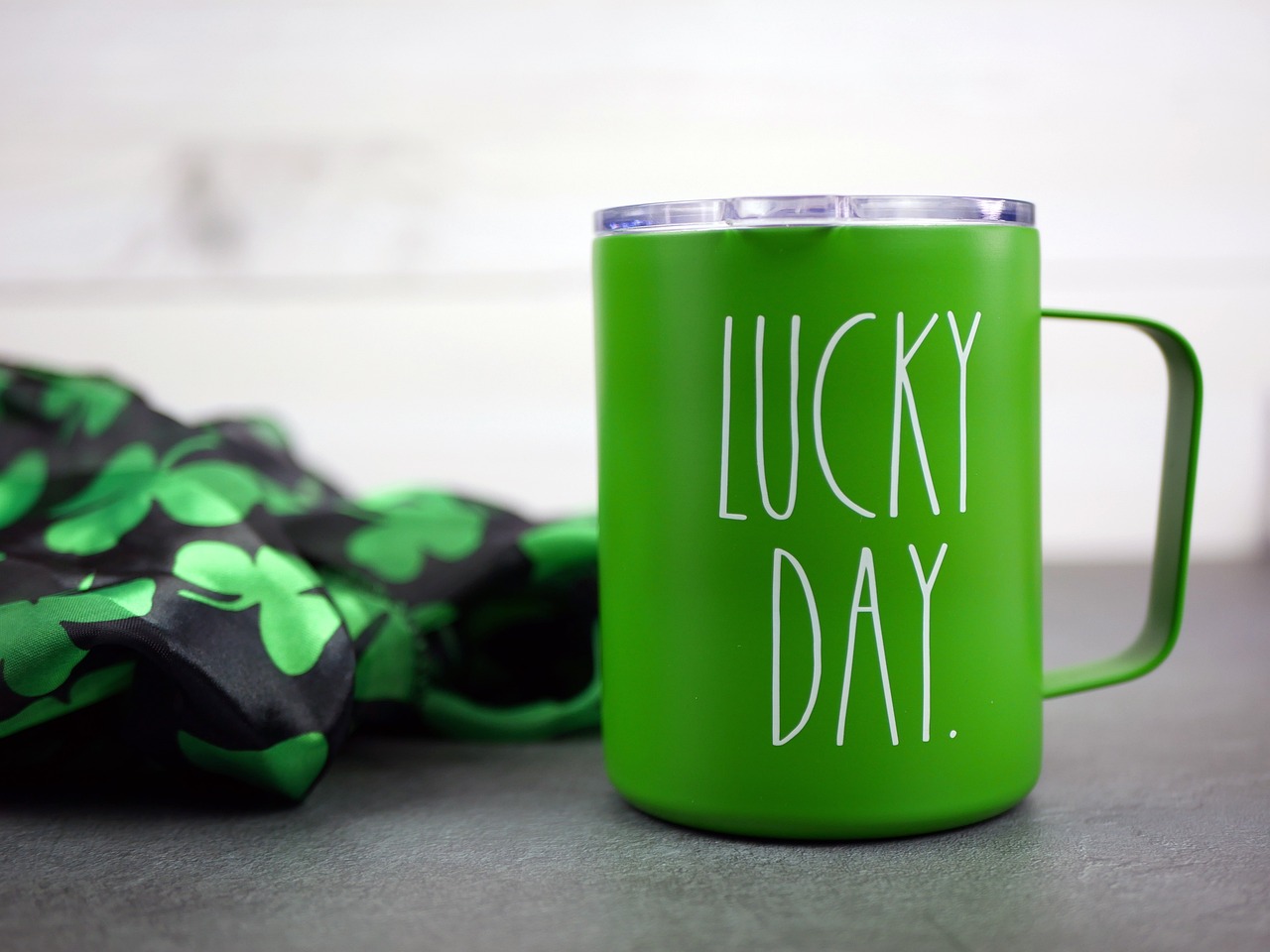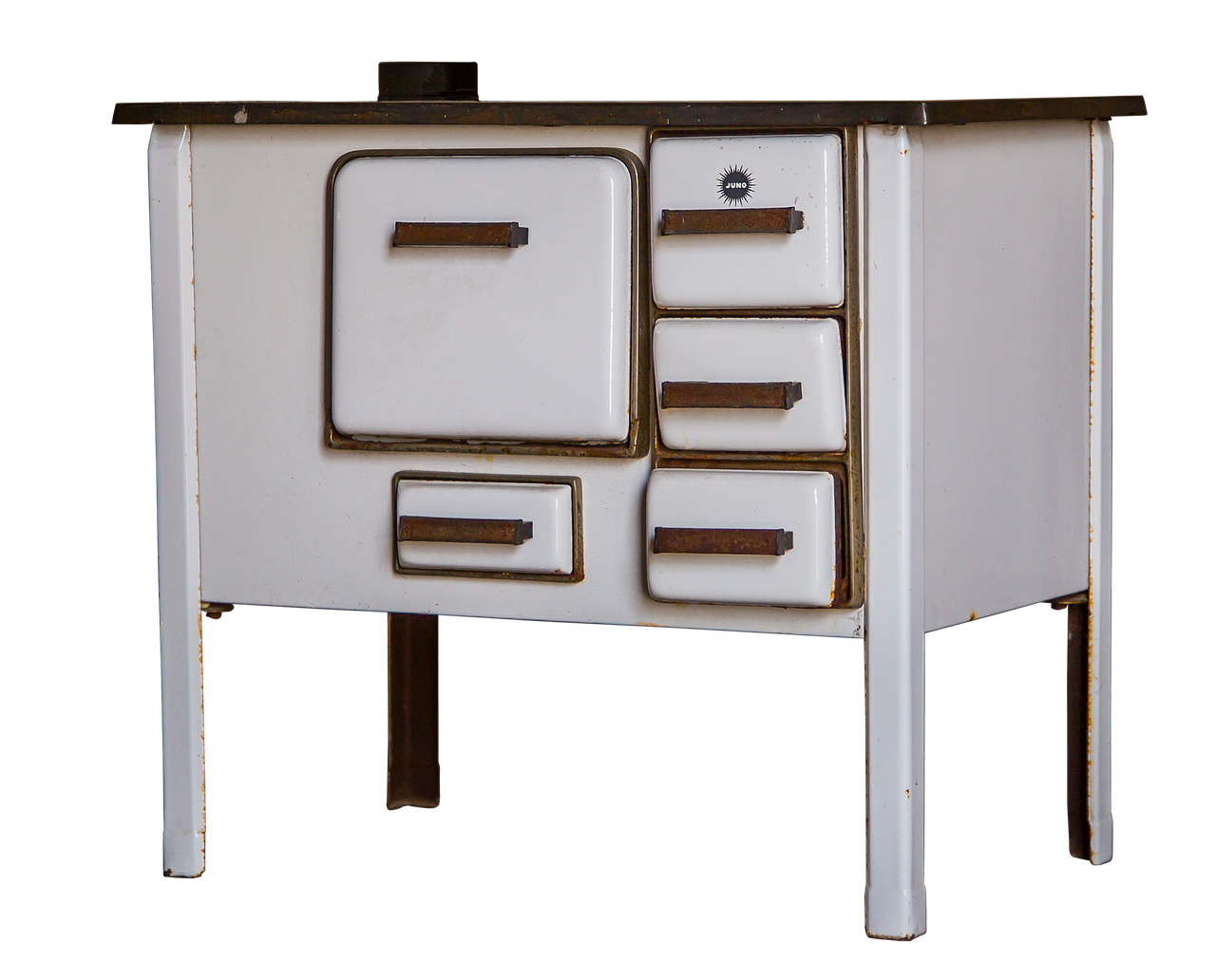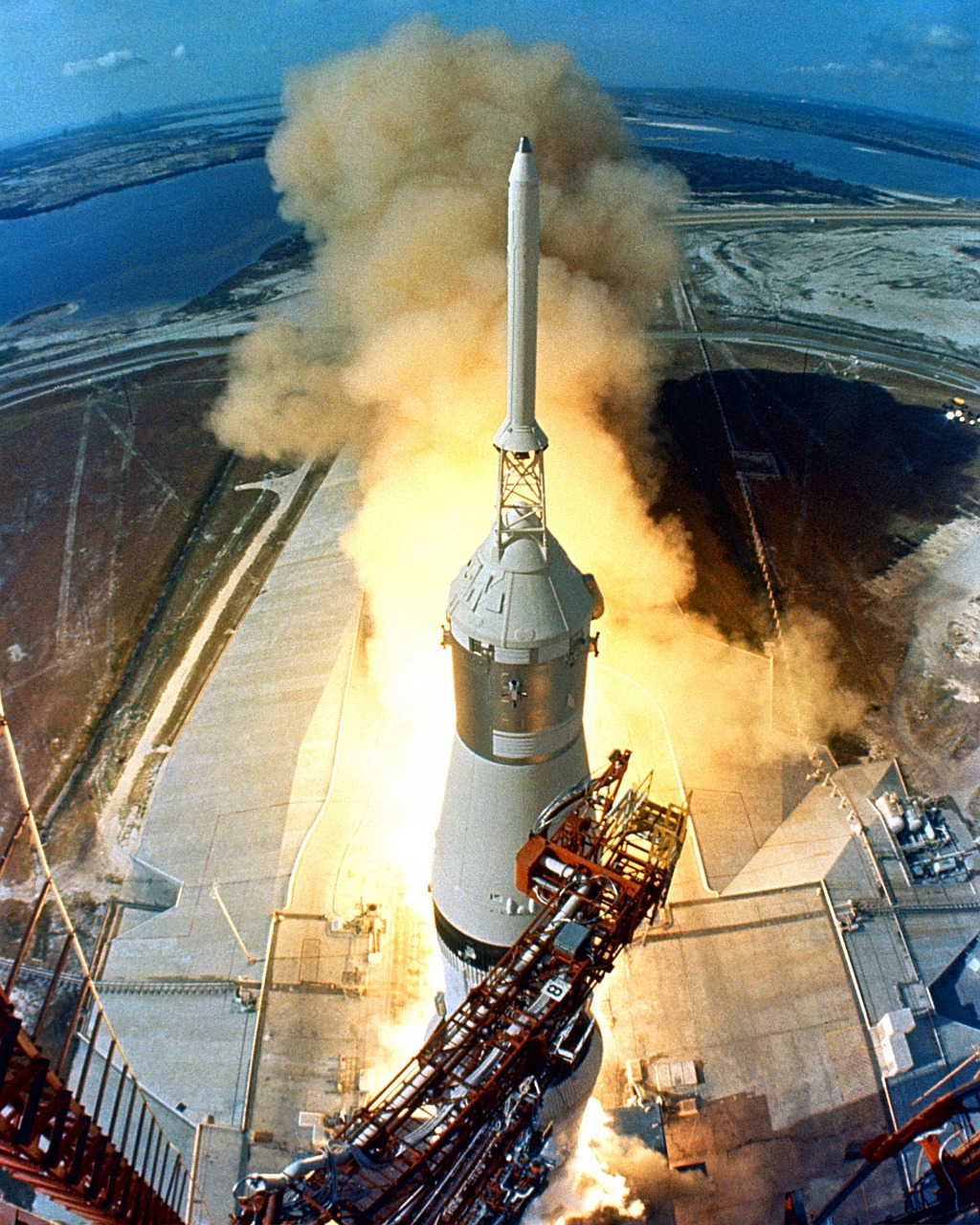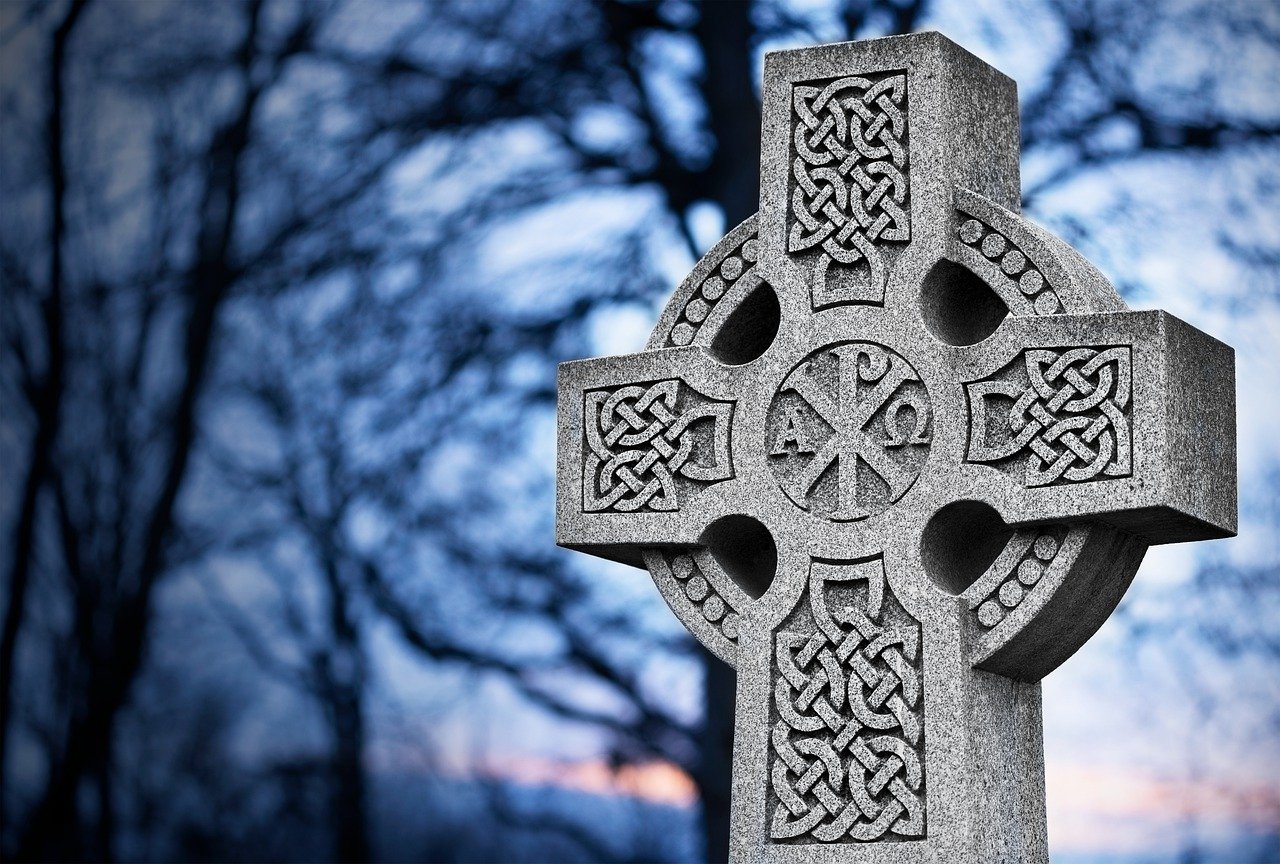Author: Erlang Shen
-
Persephone: Queen of the Underworld Persephone, also known as Kore or Core, was a pivotal figure in Greek mythology, embodying both the queen of the underworld and the goddess of spring growth. As the spouse of Hades (Haides), she was honored alongside her mother, Demeter, in sacred rites known as the Eleusinian Mysteries, which promised…
-
Egyptian deities associated with the moon are often overshadowed by their solar counterparts, despite their rich mythology and significance. While Thoth was initially recognized as the primary moon god, his role later evolved into that of a deity of knowledge and time, allowing Khonsu to emerge as the definitive god linked to lunar symbolism. Further…
-
In the realm of Irish mythology, Balor (often spelled as Balar in contemporary texts) stands out as the domineering leader of the Fomorians, a race of supernatural entities. Commonly depicted as a colossal figure, he possesses a singular eye whose opening results in widespread devastation. The most renowned account of Balor centers on his demise…
-
Overview of Nuada of the Silver-Hand Nuada of the Silver-Hand holds the distinction of being the first king of the Tuatha dé Danann. He is celebrated as a fair and wise leader who spearheaded efforts to conquer prehistoric Ireland, standing against the formidable Fomorians. Etymology The name Nuada, sometimes spelled Nuadu, is believed to originate…
-
An Otherworldly Woman: The Legend of Niamh Cinn-Óir Irish folklore is a treasure trove of interconnected tales and vibrant narratives, unique in its depth and diversity across Europe. The stories told in this tradition—from mystical fairies to legendary heroes—ignite inspiration for contemporary films, music, and literature. Among the captivating figures in this rich tapestry is…
-
A magnificent marble statue of Juno clutching the infamous golden apple of discord graces a park in Sokyryntsi, Ukraine. In the realm of ancient Roman mythology, Juno ranked as the foremost goddess, being the spouse of Jupiter, the supreme deity, and holding the title of queen. Romans revered Juno as a guardian figure who provided…
-
The Complex Legacy of Discordia Introduction Discordia, identified as Eris in Greek tradition, is the Roman goddess representing discord and chaos. She embodies the tumultuous aspects of human experiences, often depicted as a catalyst for conflict. Portrayed as a figure who fosters division, Discordia reflects the ancient Romans’ understanding of the vital role conflict plays…
-
Overview Apollo, originating from Greek mythology, was revered in Roman culture as the god of music, poetry, and the arts. He was not only a healer and law-giver but also a symbol of order in human society and a fountain of medical wisdom. Known for his prophetic abilities, Apollo was believed to dwell at Delphi,…
-
Cernunnos, often revered as an ancient Celtic deity, embodies nature, wildlife, and fertility. His depictions throughout various forms of Celtic art frequently showcase him adorned with stag antlers or horns, coupled with a torc around his neck. Despite the scarcity of concrete details regarding his worship or representations, notable artifacts such as the Gundestrup Cauldron,…

